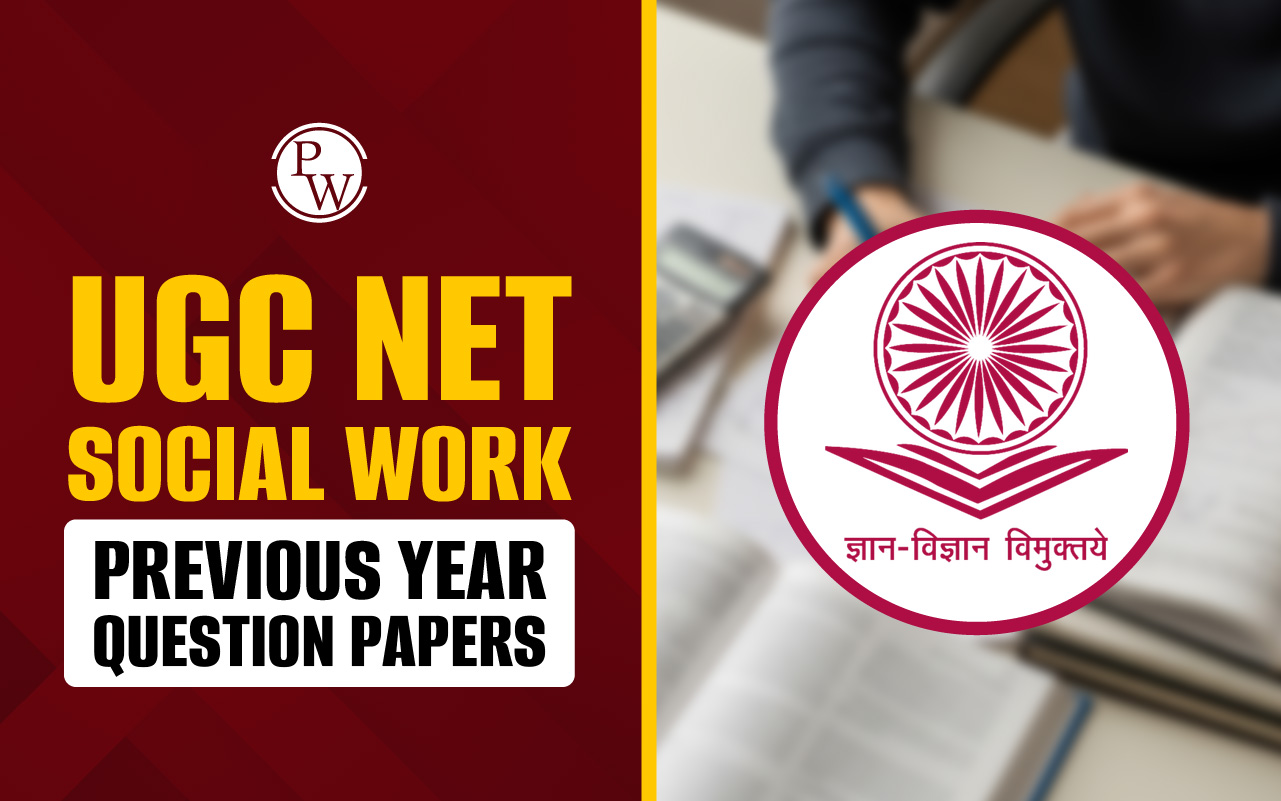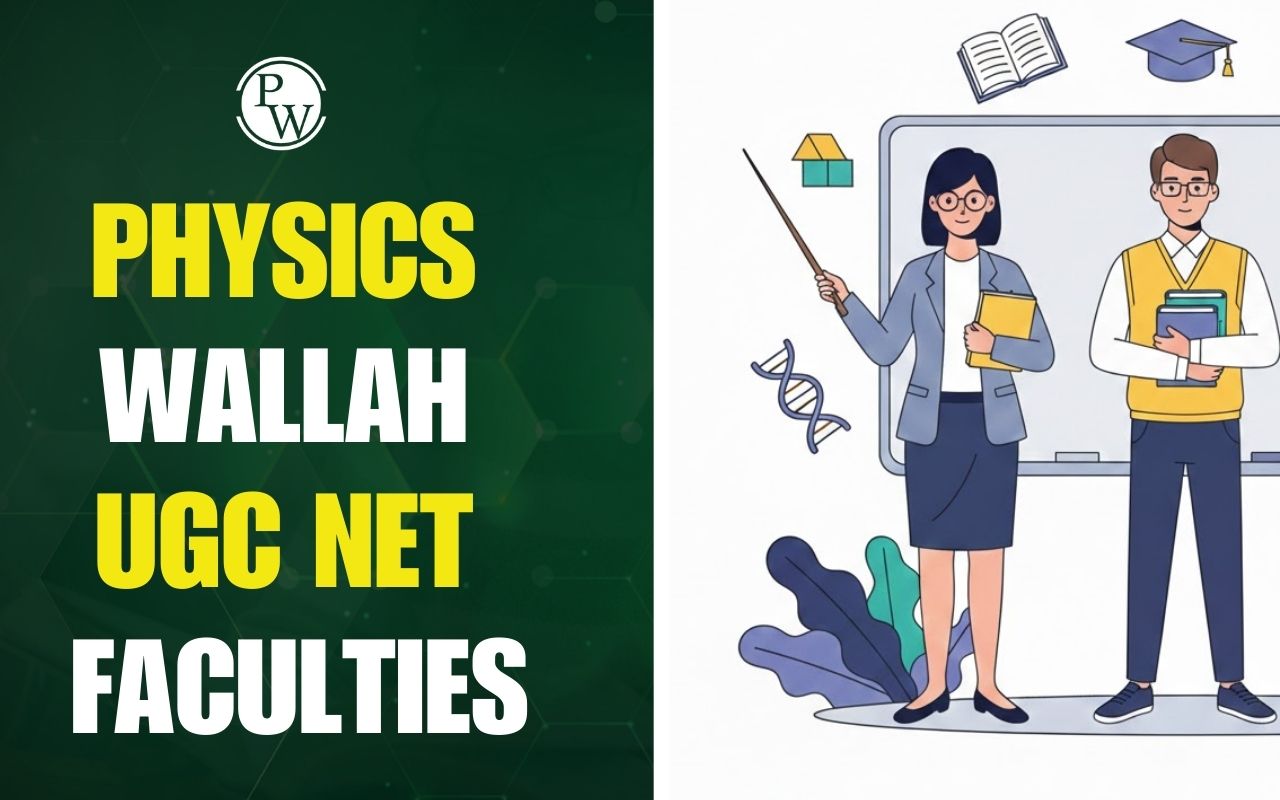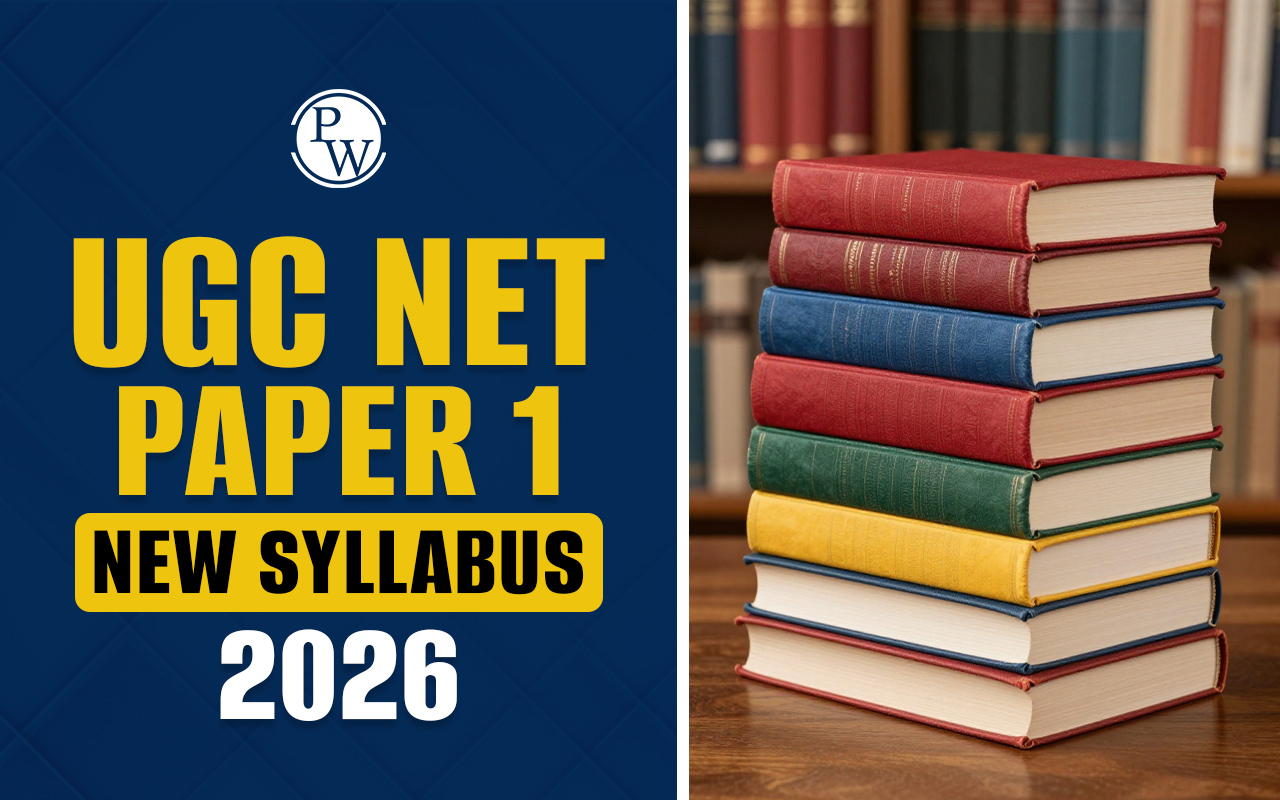
UGC NET Exam Analysis 2024 23rd August Shift 2 : The UGC NET 2024 examination conducted by the National Testing Agency (NTA) on 23rd August 2024 for Shift 2 has concluded. The exam, held from 3:00 PM to 6:00 PM, included two papers: Paper 1, which is common for all candidates, and Paper 2, which is subject-specific. This article provides a comprehensive analysis of the UGC NET 2024 Exam held on 23rd August Shift 2, including the difficulty level, section-wise breakdown, and expected good attempts.
UGC NET Exam Analysis 2024 23rd August Shift 2
The UGC NET Exam Analysis 2024 23rd August Shift 2 has been updated in this article. The exam consisted of 50 questions in Paper 1 and 100 questions in Paper 2. The difficulty level of the exam was easy to moderate, with most sections being straightforward. The good attempts for Paper 1 were around 43-46, with each section having a different number of questions. The subject-wise analysis showed that Bengali, Chinese, Rajasthani, and Kashmiri papers were relatively easy to moderate, while Arab Culture and Islamic Studies and Sociology papers were slightly more challenging.UGC NET Exam Analysis 2024 23rd August Shift 2 Overview
The table below provides an overview of the UGC NET Exam Analysis 2024 for the 23rd August Shift 2, which was conducted by the National Testing Agency (NTA) in online mode. The table summarizes the key details of the exam, including the exam name, date, duration, and subjects.| UGC NET Exam Analysis 2024 23rd August Shift 2 Overview | |
| Exam Name | UGC NET 2024 |
| Conducting Body | National Testing Agency (NTA) |
| Post Category | UGC NET Exam Analysis 2024 23rd August Shift 2 |
| UGC NET 2024 Exam Date | 23 August 2024 (Shift 2) |
| Exam Level | National |
| Exam Frequency | Twice a year |
| Mode of Exam | Online Mode |
| Exam Duration | 3 hours |
| Number of Papers | Paper 1 and Paper 2 |
| UGC NET 2024 Shift 2 Exam Time | 3:00 PM to 6:00 PM |
| UGC NET 2024 Shift 2 Exam Subject Name | Bengali, Chinese, Rajasthani, Arab Culture and Islamic Studies, Kashmiri, Sociology |
| Number of Questions | Paper I: 50 questions and Paper II: 100 questions |
| Total Marks | Paper I: 100 marks and Paper II: 200 marks |
| Official Website | https://ugcnet.nta.ac.in/ |
UGC NET 2024 Exam Analysis 23rd August Shift 2 Difficulty Level
The UGC NET 2024 Exam Analysis for 23rd August Shift 2 provides insights into the difficulty level of each section of Paper 1. The analysis is essential for candidates to understand the question patterns and areas of focus, aiding in future exam preparations. Below is the detailed analysis of each section, which is presented in table format.| UGC NET 2024 Exam Analysis 23rd August Shift 2 Difficulty Level | ||
| UGC NET Paper 1 Sections | Topics Asked | Difficulty Level |
| Teaching Aptitude | This section aimed to evaluate candidates' understanding of various teaching methodologies, learner characteristics, and the fundamentals of teaching-learning processes. The questions in this section were predominantly focused on the basics of pedagogy, educational psychology, and effective teaching strategies. | Easy to Moderate |
| Research Aptitude | Research Aptitude questions assessed candidates' knowledge of research methods, types of research, sampling techniques, and ethics in research. | Moderate |
| Reading Comprehension | This section tested the candidates' ability to understand, interpret, and analyze a given passage. The questions revolved around the main ideas, supporting details, inferences, and the tone of the passage. | Easy to Moderate |
| Communication | The Communication section dealt with the nuances of verbal and non-verbal communication, effective communication strategies, and barriers to communication. | Easy to Moderate |
| Maths | This section tested the candidates' mathematical and quantitative skills, covering topics such as number series, arithmetic, algebra, and geometry. | Moderate |
| Logical Reasoning | The Logical Reasoning section focused on evaluating the candidates' ability to analyze and interpret patterns, arguments, and relationships among various concepts | Easy to Moderate |
| Data Interpretation | This section tested the candidates' ability to interpret and analyze data presented in the form of tables, graphs, and charts. | Easy to Moderate |
| Information & Communication Technology (ICT) | The ICT section examined candidates' knowledge of basic computer concepts, the internet, and digital communication tools. | Easy to Moderate |
| People & Environment | This section focused on environmental issues, sustainable development, and the impact of human activities on the environment. | Moderate |
| Higher Education System: Governance, Polity & Administration | This section assessed candidates' knowledge of the higher education system in India, including policies, governance structures, and the roles of various educational bodies. | Easy to Moderate |
| Overall Difficulty Level | Easy to Moderate | |
UGC NET Exam Analysis 2024 23rd August Shift 2 Good Attempts
The table provides an overview of the UGC NET Exam Analysis for the 23rd August Shift 2. The exam consisted of 50 questions across various sections, and the good attempts are indicated for each section. The analysis aims to help aspirants gauge their performance and prepare better for the upcoming exams.| UGC NET Exam Analysis 2024, 23rd August Shift 2 Good Attempts | ||
| Sections/Subjects | Number of Questions asked | Good Attempts |
| Teaching Aptitude | 7-8 | 5 |
| Research Aptitude | 4-5 | 2-3 |
| Communication | 5 | 3-4 |
| Reasoning (including Maths) | 5 | 3 |
| Logical Reasoning | 5 | 3-4 |
| Data Interpretation | 5 | 3-4 |
| Information & Communication Technology (ICT) | 2-3 | 2 |
| People & Environment | 2-3 | 1-2 |
| Higher Education System: Governance, Polity & Administration | 3-4 | 2-3 |
| Total | 50 | 43-46 |
UGC NET Exam Analysis 2024 23rd August Shift 2 Subject Wise
UGC NET Exam Analysis 2024 23rd August Shift 2, Subject Wise provides an insight into the exam’s subject-wise performance, helping candidates assess their preparation and future aspirants to understand the trends. The table below summarizes the subject-wise analysis, including topics asked, the number of questions, difficulty level, and good attempts for various subjects.| UGC NET Exam Analysis 2024 23rd August Shift 2 Subject Wise | ||||
| Subjects | Topics Asked | Number of Questions | Difficulty Level | Good Attempts |
| Bengali | The Bengali paper was relatively straightforward, with most candidates finding the questions easy to moderate. The exam covered a broad spectrum of topics, including literature, language, and cultural studies. | 100 | Easy to Moderate | 75-78 |
| Chinese | The Chinese subject paper followed a similar pattern, with the exam focusing on language proficiency, literature, and cultural aspects. The topics included classical Chinese literature, linguistic structure, modern Chinese literature, and historical contributions of Chinese scholars. | 100 | Easy to Moderate | 75-78 |
| Rajasthani | The Rajasthani paper tested candidates on various aspects of the language, literature, and cultural history of Rajasthan. The topics covered included classical and folk literature, Rajasthani grammar, and the region's historical and cultural heritage. | 100 | Easy to Moderate | 75-78 |
| Arab Culture and Islamic Studies | The Arab Culture and Islamic Studies paper was slightly more challenging compared to the other subjects. The exam tested candidates on various aspects of Arab history, culture, Islamic theology, and the contributions of Islamic scholars. | 100 | Moderate | 70-73 |
| Kashmiri | The Kashmiri subject paper was well-received by candidates, with most finding it easy to moderate. The exam covered topics such as Kashmiri literature, linguistic structure, and cultural history. | 100 | Easy to Moderate | 75-78 |
| Sociology | The Sociology paper was moderate in difficulty, with a wide range of topics covered. Candidates who have a good understanding of social theories, research methodologies, and the sociological impact of various social phenomena should have performed well. | 100 | Moderate | 70-73 |
UGC NET Sociology Exam Analysis 2024
UGC NET 2024 Sociology exam was held on 23 August 2024 and consisted of 150 questions, divided into two papers: Paper I and Paper II. The exam was conducted in online mode, and the duration was 3 hours. The questions were generally easy to moderate with a focus on theoretical and conceptual aspects of sociology. Paper I consisted of 50 questions from the prescribed syllabus, while Paper II consisted of 100 questions, including case studies, multi-statement questions, matching the following questions, etc.UGC NET 2024 Marking Scheme
The UGC NET 2024 marking scheme is essential for candidates preparing for the exam as it defines how their responses will be evaluated. Understanding the distribution of questions, total marks, and the absence of negative marking can significantly impact preparation strategies. The following table provides a clear breakdown of the marking scheme for both Paper 1 and Paper 2 of the UGC NET 2024 exam.| UGC NET 2024 Marking Scheme | ||
| Parameter | UGC NET Paper 1 | UGC NET Paper 2 |
| Type of questions | Multiple Choice Questions | Multiple Choice Questions |
| Type of paper | Common for all candidates | Subject-specific questions ( Bengali, Chinese, Rajasthani, Arab Culture and Islamic Studies, Kashmiri, Sociology ) |
| Number of questions | 50 | 100 |
| Total marks | 100 | 200 |
| Marks per question | 2 | 2 |
| Negative marking | No Negative marking | No Negative marking |
UGC NET Exam Analysis 2024 23rd August Shift 2 FAQs
What were the good attempts for the UGC NET 2024 Exam on 23rd August Shift 2?
For Paper 1, the good attempts ranged between 43-46 out of 50 questions. For Paper 2, the good attempts varied depending on the subject.
Is there a negative marking in the UGC NET 2024 Exam?
No, there is no negative marking in the UGC NET 2024 Exam for both Paper 1 and Paper 2.
How many questions were asked in UGC NET Paper 1 and Paper 2?
UGC NET Paper 1 consisted of 50 questions, each carrying 2 marks, making a total of 100 marks. Paper 2, which is subject-specific, consisted of 100 questions, each also carrying 2 marks, for a total of 200 marks.
Which sections in Paper 1 were found to be most challenging?
The Research Aptitude and Mathematics sections were considered moderately challenging compared to other sections in Paper 1.
How many good attempts are considered for UGC NET 2024 Paper 1 in Shift 2?
For Paper 1, the good attempts are around 43-46 out of 50 questions. This range is based on the difficulty level and the number of questions asked in various sections.
What were the good attempts for the Bengali subject in UGC NET 2024 Paper 2 (Shift 2)?
For the Bengali subject in Paper 2, good attempts are considered to be 75-78 out of 100 questions. The questions were generally easy to moderate.
Talk to a counsellorHave doubts? Our support team will be happy to assist you!

Free Learning Resources
PW Books
Notes (Class 10-12)
PW Study Materials
Notes (Class 6-9)
Ncert Solutions
Govt Exams
Class 6th to 12th Online Courses
Govt Job Exams Courses
UPSC Coaching
Defence Exam Coaching
Gate Exam Coaching
Other Exams
Know about Physics Wallah
Physics Wallah is an Indian edtech platform that provides accessible & comprehensive learning experiences to students from Class 6th to postgraduate level. We also provide extensive NCERT solutions, sample paper, NEET, JEE Mains, BITSAT previous year papers & more such resources to students. Physics Wallah also caters to over 3.5 million registered students and over 78 lakh+ Youtube subscribers with 4.8 rating on its app.
We Stand Out because
We provide students with intensive courses with India’s qualified & experienced faculties & mentors. PW strives to make the learning experience comprehensive and accessible for students of all sections of society. We believe in empowering every single student who couldn't dream of a good career in engineering and medical field earlier.
Our Key Focus Areas
Physics Wallah's main focus is to make the learning experience as economical as possible for all students. With our affordable courses like Lakshya, Udaan and Arjuna and many others, we have been able to provide a platform for lakhs of aspirants. From providing Chemistry, Maths, Physics formula to giving e-books of eminent authors like RD Sharma, RS Aggarwal and Lakhmir Singh, PW focuses on every single student's need for preparation.
What Makes Us Different
Physics Wallah strives to develop a comprehensive pedagogical structure for students, where they get a state-of-the-art learning experience with study material and resources. Apart from catering students preparing for JEE Mains and NEET, PW also provides study material for each state board like Uttar Pradesh, Bihar, and others
Copyright © 2026 Physicswallah Limited All rights reserved.









